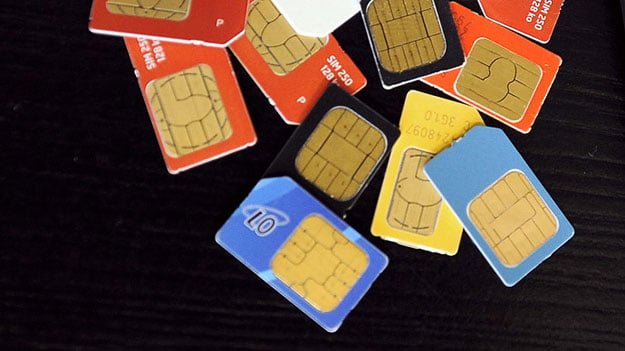
The Federal Board of Revenue (FBR) and the Pakistan Telecommunication Authority (PTA) find themselves at odds over the issue of blocking SIM cards for approximately half a million non-tax filers in Pakistan. While the FBR pushes for this measure to enforce tax compliance, the PTA opposes it, raising valid concerns regarding system compatibility and the potential adverse effects on certain demographic groups.
PTA’s opposition stems from concerns over system compatibility and the disproportionate impact on women and children, who often utilize SIM cards registered under men’s names. According to PTA, only 27% of SIM cards in Pakistan are registered under women’s names, highlighting the gender disparity in SIM ownership.
Moreover, PTA asserts that it is not legally obligated to block SIM cards, as the Income Tax Ordinance 2021 does not apply to the authority. Blocking a significant number of SIM cards could impede digitalization efforts and hamper the telecom economy, posing a risk to foreign investment in the sector.
In light of these concerns, PTA recommends exploring alternative legal avenues and advocating for the verification of SIM card owners before considering any blockage. This suggestion is particularly relevant given that individuals can obtain up to eight SIM cards for themselves and others, underscoring the necessity for rigorous verification processes.
The disagreement between FBR and PTA underscores the complexities involved in balancing tax enforcement with considerations for digital access and inclusivity. As discussions continue, finding a mutually agreeable solution that addresses tax compliance while minimizing negative repercussions on telecom services and users remains a priority for both entities.
Also, see:
Google for Education and Pakistan Government Partner to Bridge Educational Gap